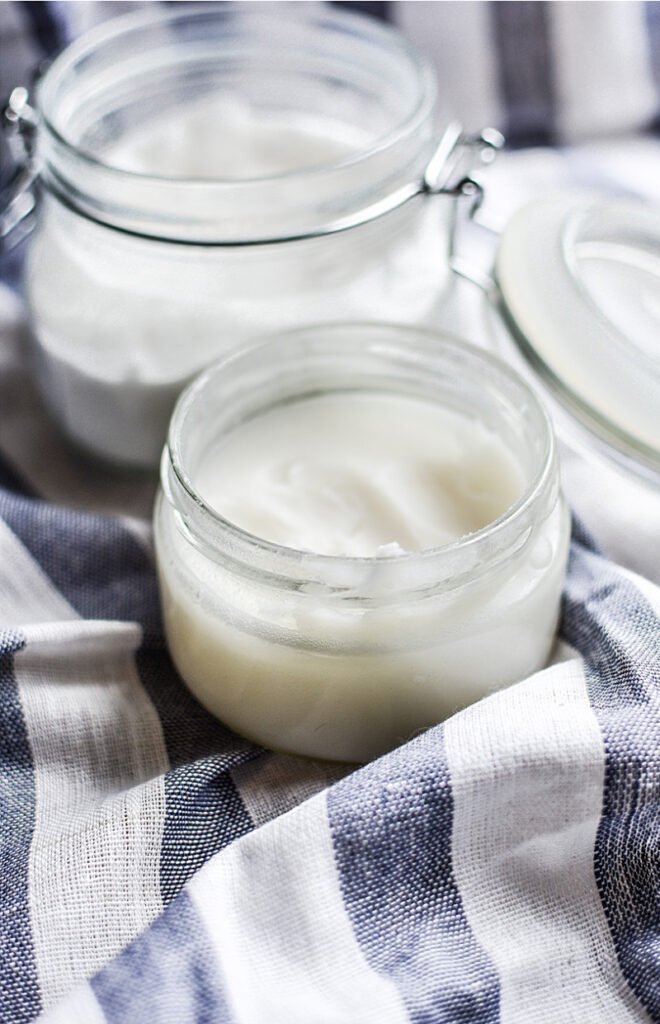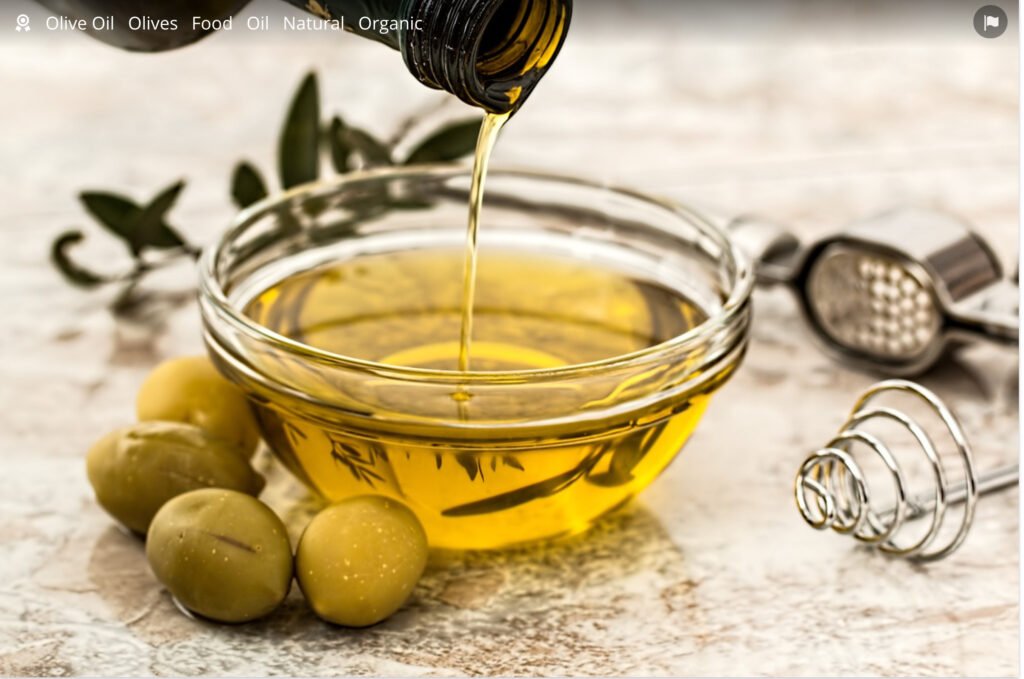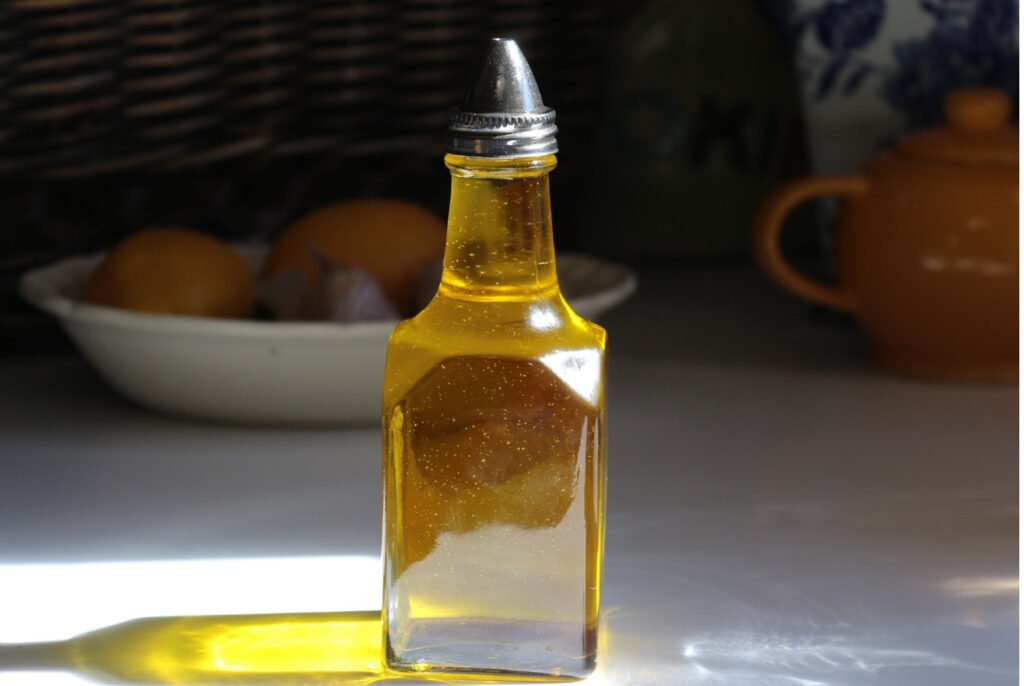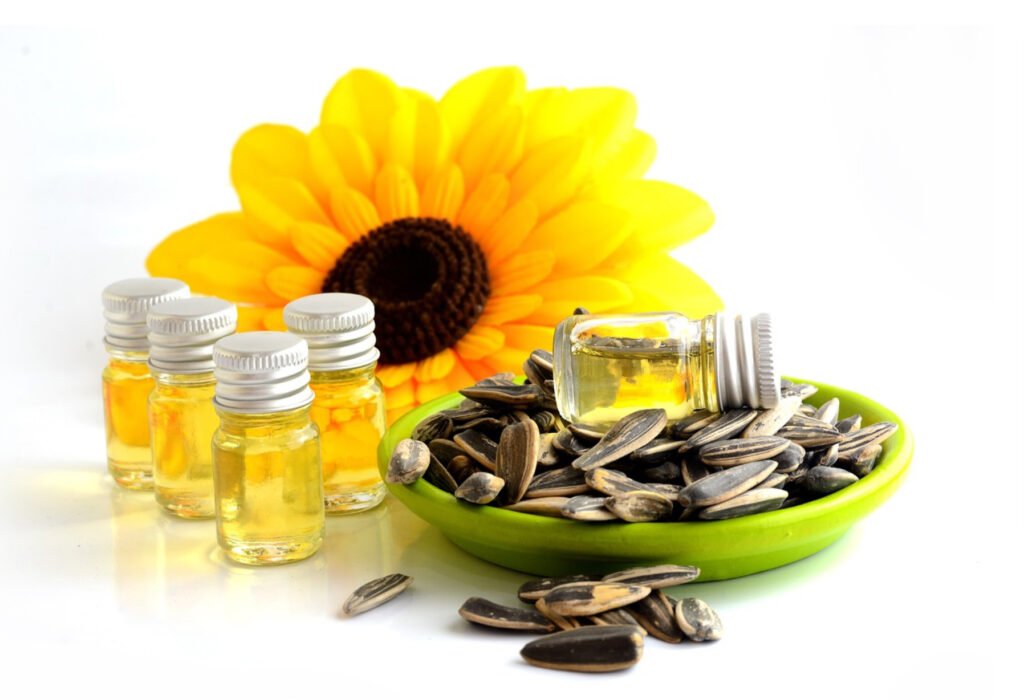cooking oils
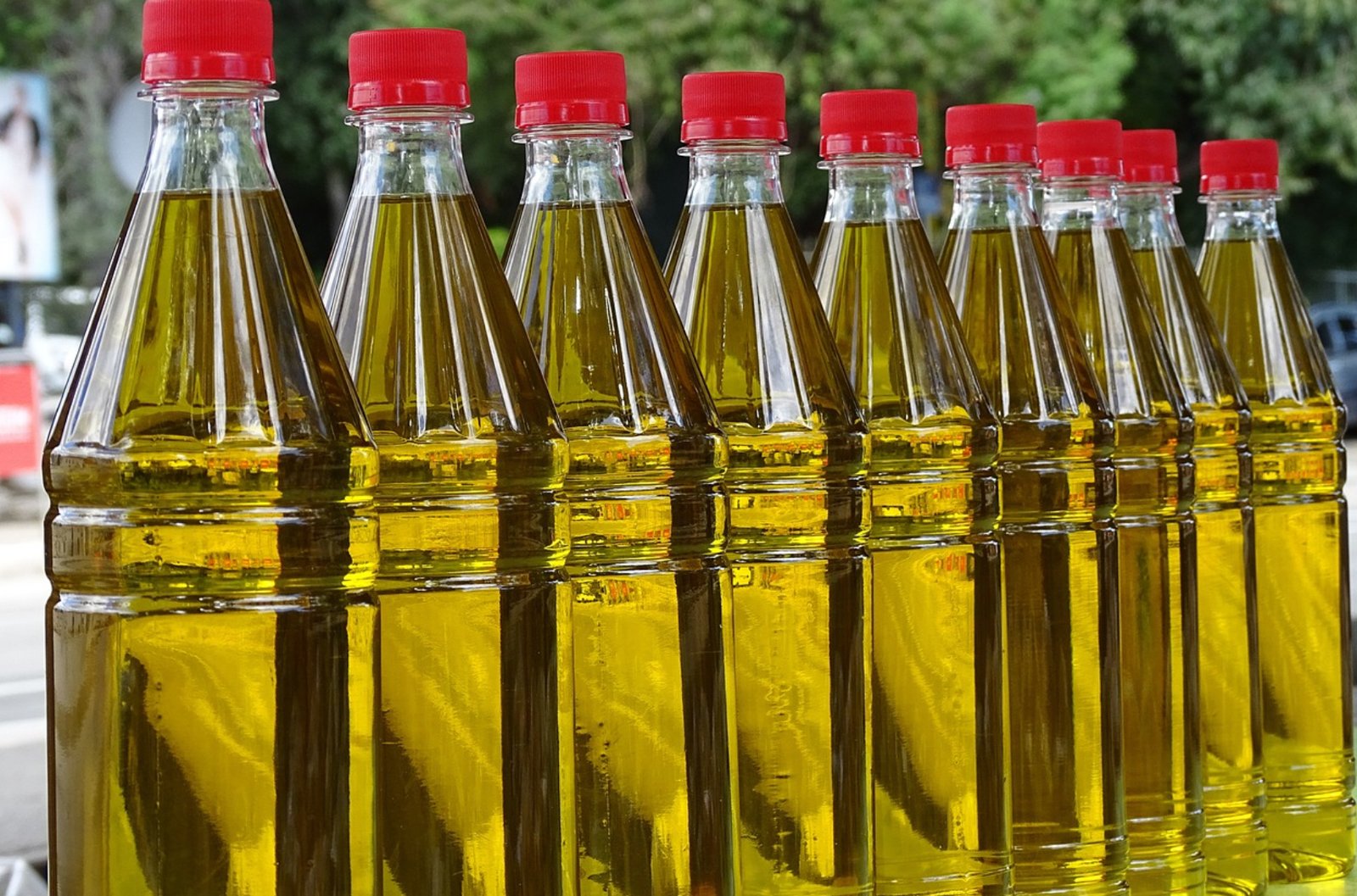

When it comes to cooking oils, some are considered healthier due to their composition and effects on health, while others can be harmful if consumed in excess or used improperly. Here are examples of both:
Healthy Cooking Oils:
1. Olive Oil:
Why It’s Healthy: Olive oil, especially extra virgin olive oil, is rich in monounsaturated fats, particularly oleic acid, which is associated with reduced inflammation and a lower risk of heart disease. It also contains antioxidants like vitamin E and polyphenols that protect against oxidative damage.
Best Uses: Ideal for salad dressings, drizzling over cooked vegetables, or light sautéing. Extra virgin olive oil has a lower smoke point, so it’s best not to use it for high-heat cooking.
2. Avocado Oil:
Why It’s Healthy: Avocado oil is high in monounsaturated fats and has a high smoke point, making it suitable for high-heat cooking. It also contains lutein, an antioxidant beneficial for eye health.
Best Uses: Perfect for grilling, roasting, frying, and salad dressings.
3. Coconut Oil:
Why It’s Healthy: Coconut oil is rich in medium-chain triglycerides (MCTs), which are easily digestible and can provide a quick source of energy. Some studies suggest that MCTs may help with weight loss and improve brain function.
Best Uses: Suitable for baking, frying, and cooking at medium heat. It’s also popular in certain diets like ketogenic or paleo.
4. Flaxseed Oil:
Why It’s Healthy: Flaxseed oil is high in alpha-linolenic acid (ALA), a type of omega-3 fatty acid that is beneficial for heart health. It has anti-inflammatory properties and supports cardiovascular health.
Best Uses: Best used raw in salad dressings, smoothies, or drizzled over cooked foods. It has a low smoke point, so it should not be used for cooking.
5. Walnut Oil:
Why It’s Healthy: Walnut oil is rich in omega-3 fatty acids, which are known to reduce inflammation and support brain and heart health. It also contains antioxidants that can protect cells from damage.
Best Uses: Ideal for cold dishes like salads, as a finishing oil for dishes, or in dressings. Like flaxseed oil, it has a low smoke point.
Harmful Cooking Oils:
1. Vegetable Oil (Generic blends):
Why It Can Be Harmful: Many vegetable oils are highly processed and contain a high proportion of omega-6 fatty acids. Excessive intake of omega-6s, especially when not balanced with omega-3s, can lead to inflammation and an increased risk of chronic diseases like heart disease and cancer.
Best Uses: If using vegetable oil, it’s best to choose cold-pressed or unrefined versions, but they should generally be used sparingly.
2. Corn Oil:
Why It Can Be Harmful: Corn oil is high in omega-6 fatty acids and often undergoes heavy processing, which can strip away nutrients and lead to the formation of unhealthy trans fats. Excessive omega-6 intake is linked to inflammation and other health issues.
Best Uses: If used, it should be limited to occasional frying or baking, but it’s generally better to opt for healthier alternatives.
3. Canola Oil:
Why It Can Be Harmful: Although canola oil is low in saturated fat, it is often heavily refined, which can reduce its nutritional value and lead to the formation of harmful compounds during processing. Some types of canola oil may also contain trans fats.
Best Uses: It’s widely used for frying and baking due to its high smoke point, but it’s better to choose organic, cold-pressed canola oil if you use it at all.
4. Soybean Oil:
Why It Can Be Harmful: Soybean oil is another oil high in omega-6 fatty acids and is heavily processed, often containing trans fats. Its high omega-6 content can contribute to inflammation when consumed in excess.
Best Uses: Soybean oil is commonly found in processed foods and fast foods. It’s best to avoid or limit its use.
5. Palm Oil:
Why It Can Be Harmful: While palm oil is a stable oil that is widely used in cooking, it is high in saturated fats, which can contribute to heart disease if consumed in large quantities. Additionally, the environmental impact of palm oil production is significant, contributing to deforestation and habitat destruction.
Best Uses: If used, it should be in moderation. Red palm oil, which is less refined, may retain some nutrients like vitamin E, but it is still high in saturated fats.
Conclusion:
Choosing the right cooking oil is crucial for maintaining good health. Healthy oils like olive, avocado, and flaxseed oils are rich in beneficial fats and nutrients that support overall well-being. On the other hand, oils that are heavily processed, high in omega-6 fatty acids, or contain trans fats can be harmful when consumed regularly. It’s best to use oils that are minimally processed and rich in healthy fats, and to limit the use of oils that contribute to inflammation and other health issues.





